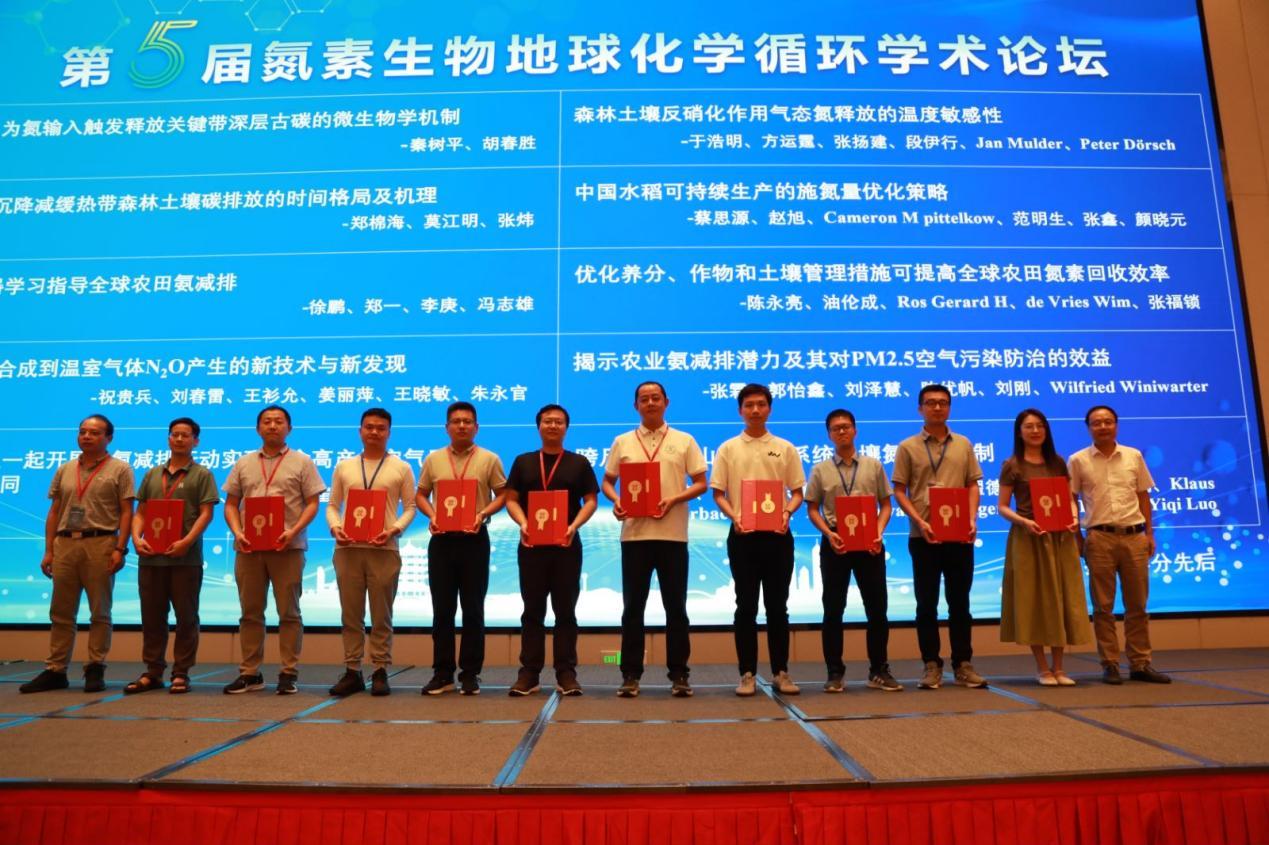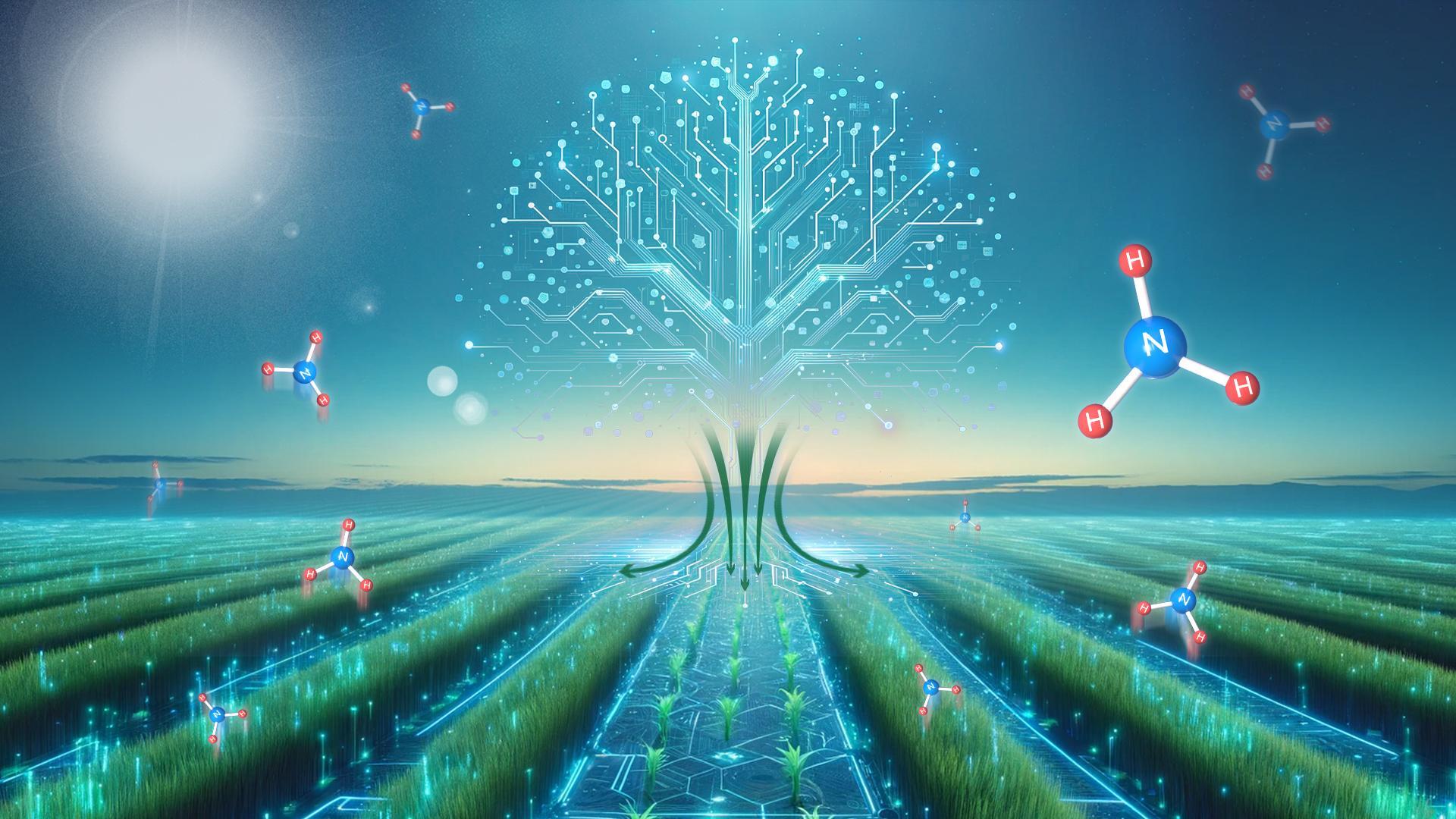SUSTech’s Yi ZHENG’s research results recognized among top ten scientific advances in nitrogen cycle for 2023
The 5th Academic Forum on Nitrogen Biogeochemical Cycle, organized by the Soil Science Society of China (SSSC), recently took place in Wuhan.
A research led by Professor Yi ZHENG’s team from the School of Environmental Science and Engineering (ESE) at the Southern University of Science and Technology (SUSTech), in collaboration with the Hong Kong University of Science and Technology (HKUST), was recognized as one of the top ten scientific advances in the nitrogen cycle for 2023.

(Click on the picture to learn more about the paper.)
The research was conducted by Dr. Peng XU from the School of ESE at SUSTech (currently an Associate Professor at Tianjin University), Professor Yi ZHENG, along with Dr. Geng LI and Professor Jimmy C.H. Fung of HKUST, with SUSTech serving as the first affiliation.
ZHENG’s team developed a machine learning model for producing high-resolution global maps of ammonia emission factors for rice, maize, and wheat croplands at high resolution to constrain the pattern of emissions and develop a more robust understanding of future mitigation potential across main croplands worldwide. Their work reported a lower estimation for the global ammonia emissions from these three crops than previous studies. The findings demonstrate that the most effective way to reduce ammonia emissions at regional and global scales is through the use of enhanced-efficiency fertilizer with high reduction potential.
Their work, published in the prestigious journal Nature on January 31, 2024, is detailed in the paper entitled “Fertilizer management for global ammonia emission reduction”.
This study provides a high-resolution picture of global agricultural ammonia (NH3) emissions, offering guiding suggestions for implementing localized emission reduction measures worldwide. It points out that the current global efforts to reduce emissions still face significant obstacles, such as high economic costs and small farm size (i.e., insufficient agricultural intensification).
The research results have important implications for policy-making and management practices aimed at preventing haze and ensuring food security. They also demonstrate the great potential of big data and artificial intelligence in supporting the achievement of sustainable development goals, including “zero hunger”, “good health and well-being”, and “climate action”.
The top ten scientific advances in the nitrogen cycle recognizes outstanding research published in official publications or authorized patents by citizens, enterprises, and institutions of the People’s Republic of China, including Hong Kong, Macao, and Taiwan.

